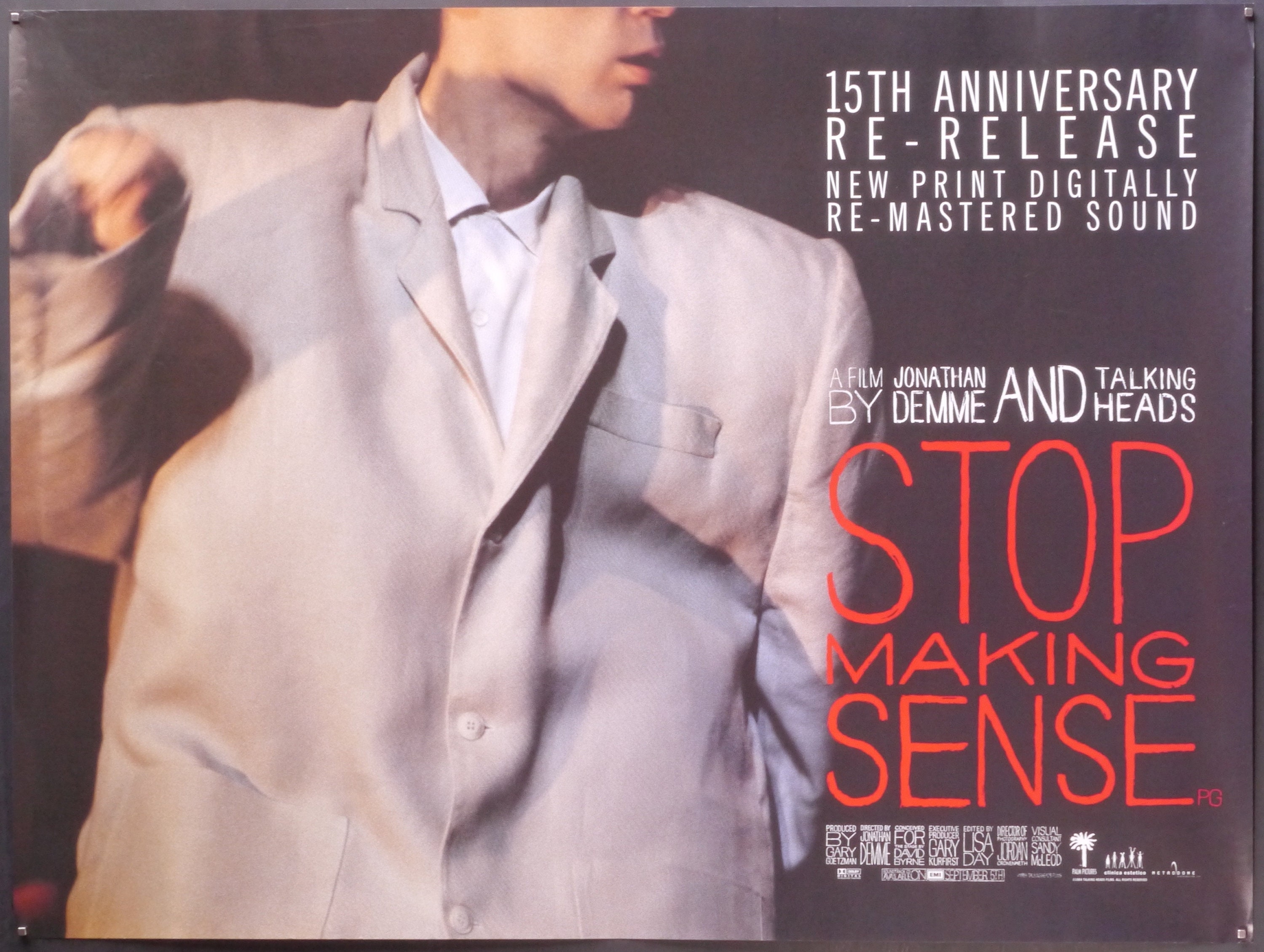And, indeed, I will ask on my own account here, an idle question: which is better—cheap happiness or exalted sufferings? Well, which is better?---Fyodor Dostoevsky ---Notes from Underground There are certain people of whom it is difficult to say anything which will at once throw them into relief—in other words, describe them graphically in their typical characteristics. These are they who are generally known as “commonplace people,” and this class comprises, of course, the immense majority of mankind. Authors, as a rule, attempt to select and portray types rarely met with in their entirety, but these types are nevertheless more real than real life itself. For instance, when the whole essence of an ordinary person’s nature lies in his perpetual and unchangeable commonplaceness; and when in spite of all his endeavours to do something out of the common, this person ends, eventually, by remaining in his unbroken line of routine—. I think such an individual really does become a type o...
NOTES FROM UNDERGROUND
Hope
To be human is to be a miracle of evolution conscious of its own miraculousness — a consciousness beautiful and bittersweet, for we have paid for it with a parallel awareness not only of our fundamental improbability but of our staggering fragility, of how physiologically precarious our survival is and how psychologically vulnerable our sanity. To make that awareness bearable, we have evolved a singular faculty that might just be the crowning miracle of our consciousness: hope.--
Erich Fromm
Links
- Get link
- X
- Other Apps
Labels
STOP MAKING SENSE (1984)
"More than three decades after Jonathan Demme’s 1984 Talking Heads concert film, Stop Making Sense represents not only the definitive document of this most idiosyncratic and forward-looking of rock acts, but also a landmark cinematic achievement. Assembled from footage of four December 1983 performances at L.A.’s Pantages Theater, it’s a masterfully executed and profoundly ambitious reimagining of the concert film genre, achieving something at once wildly theatrical but unpretentious, endlessly bizarre but utterly legible, and publicly joyous without resorting to pandering."
Much like Martin Scorsese’s The Last Waltz (generally considered the relevant competition in the category of Best Concert Film Ever) was a collaboration between the filmmaker and The Band’s erstwhile leader Robbie Robertson, Stop Making Sense is the by-product of the twin-engined genius of Byrne and Demme. Released more than 20 years ago , it remains an inimitable marvel and a fascinating time capsule: the fleeting intersection between two visionary artists whose propensity for sly, subversive takes on populist entertainments made them ideal compatriots in a sound and vision experiment as enduringly vital as any in the history of rock ’n’ roll.
Director Jonathan Demme captures the frantic energy and artsy groove of Talking Heads in this concert movie shot at the Hollywood Pantages Theatre in 1983. The band's frontman, David Byrne, first appears on an empty stage, armed with only an acoustic guitar, and is gradually joined by bassist Tina Weymouth, drummer Chris Frantz, keyboardist Jerry Harrison and a cadre of backup singers as they perform the band's hits, culminating in an iconic performance featuring Byrne in an enormous suit.
The music of the Talking Heads draws from many sources, in addition to traditional rock 'n' roll. You can hear the echoes, in Byrne's voice, of one of his heroes, country singer Hank Williams. In the music itself, there are elements of reggae and of gospel, especially in the driving repetitions of single phrases that end some of the songs. What is particularly delightful is that the Talking Heads are musical: For people who have passed over that invisible divide into the age group when rock sounds like noise, the Heads will sound like music.
The film's peak moments come through Byrne's simple physical presence. He jogs in place with his sidemen; he runs around the stage; he seems so happy to be alive and making music. Like Springsteen and Prince, he serves as a reminder of how sour and weary and strung-out many rock bands have become.














.jpg)